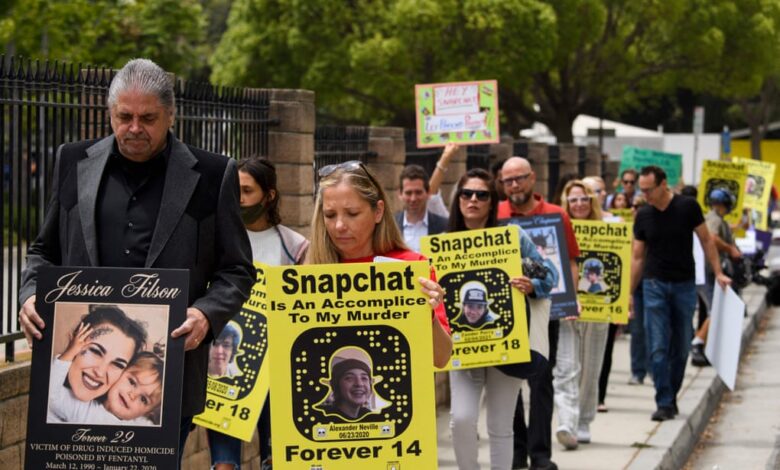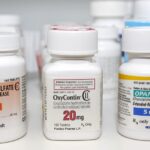Are Social Media Giants Tools In The Hands of Drug Dealers?

Recently, I wrote an article drawing the attention of regulators to the need to beam their searchlight on the explosion in the sales and distribution of Xanax on Tumblr and other social media sites. So I was not surprised to see a similar headline on a BBC article that drew attention to the fact that Twitter failed in its responsibility of taking down an online Xanax advertisement.
How can one explain the fact that Twitter failed to remove any of 16 posts and pages reported to it until contacted for comment? What is the rationale behind Instagram taking down only 7 out of 10 posts reported to it within a two-week period?
Until we begin to ask the real questions about the role played by social media in the current drug epidemic, these sleeping giants might not wake up from their current slumber. Our children visit these sites to socialize, only to end up as drug addicts and no one is taking responsibility. Today, there is a sea of handles selling and advertising illicit drugs and food laced with narcotics while the world watches helplessly as the social media giants seem unperturbed and more interested in harvesting users’ private information for third party and financial gains.
The Covid-19 pandemic presented a unique opportunity for the social media platforms to live up to their social responsibility but they failed woefully. The period saw an escalation in the sale and distribution of illicit drugs through social media channels as overdoses and drug-related deaths soared to record levels. According to the Center for Disease Control and Prevention, more than 87,000 Americans lost their lives to drug overdoses over the 12-month period, the highest since the opioid epidemic began two decades ago.
From Africa to North America, from Asia to South America, and Europe, the story is the same. Drugs mostly sourced from street corners and social media sites continue to wreck havoc among the impressionable youth. Tragically, young men and women, in their quest to hit ‘could nine’ are finding themselves on ‘ground zero’, emotionally battered, financially bankrupt, and medically paralyzed.
Beyond the social media giants, China needs to also stop playing the ostrich and pull the plug on the production and distribution of fentanyl within its borders which has fueled the production of fake pills globally. Fentanyl is a powerful synthetic opioid that is similar to morphine but is 50 to 100 times more potent. This opioid is currently being used globally by drug dealers to increase “high” at much lower costs, tragically resulting in the death of thousands due to overdose.
The time has come for social media platforms to look beyond financial considerations and extricate their sites from the shackles of drug dealers who currently use them as marketplaces. In addition, collaborating with public health officials and regulators globally will also promote a drug-free world and make this planet a safer place not just for ourselves and our children but for future generations who will call the blue planet home.
Dr. Oche Joseph Otorkpa (Ph.D)
Is a public health specialist and Fellow of the Royal Society for Public Health United Kingdom
This Article First Appeared On SOS Magazine





